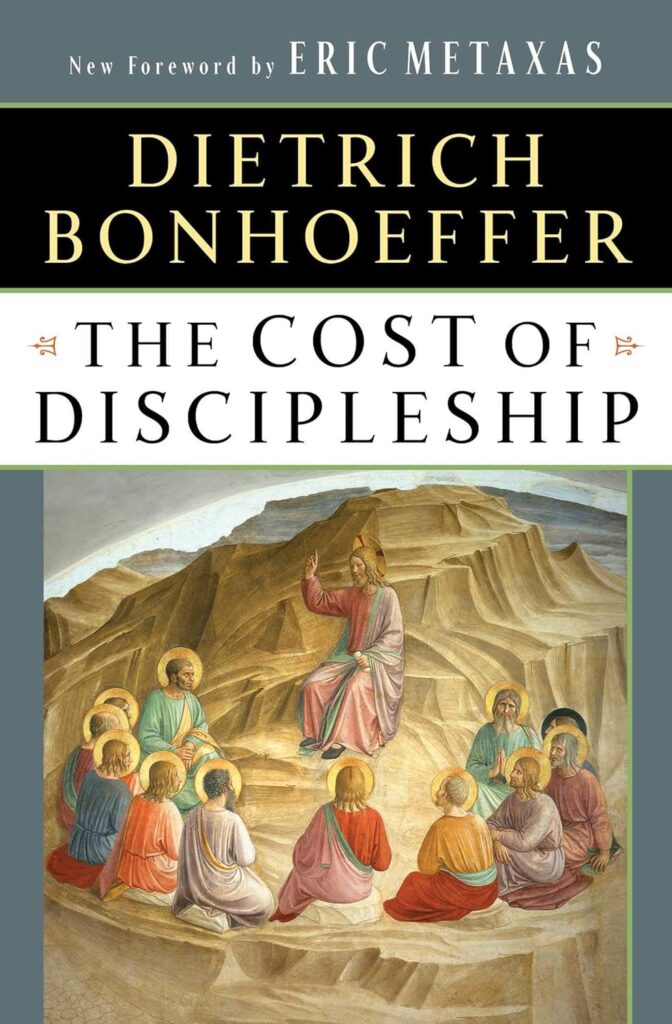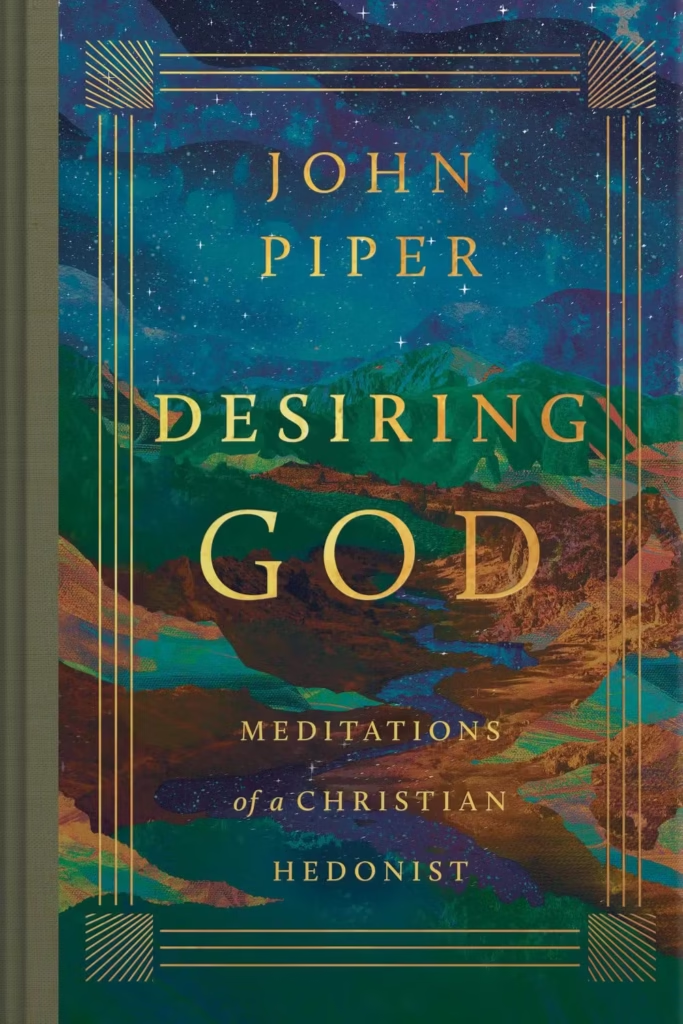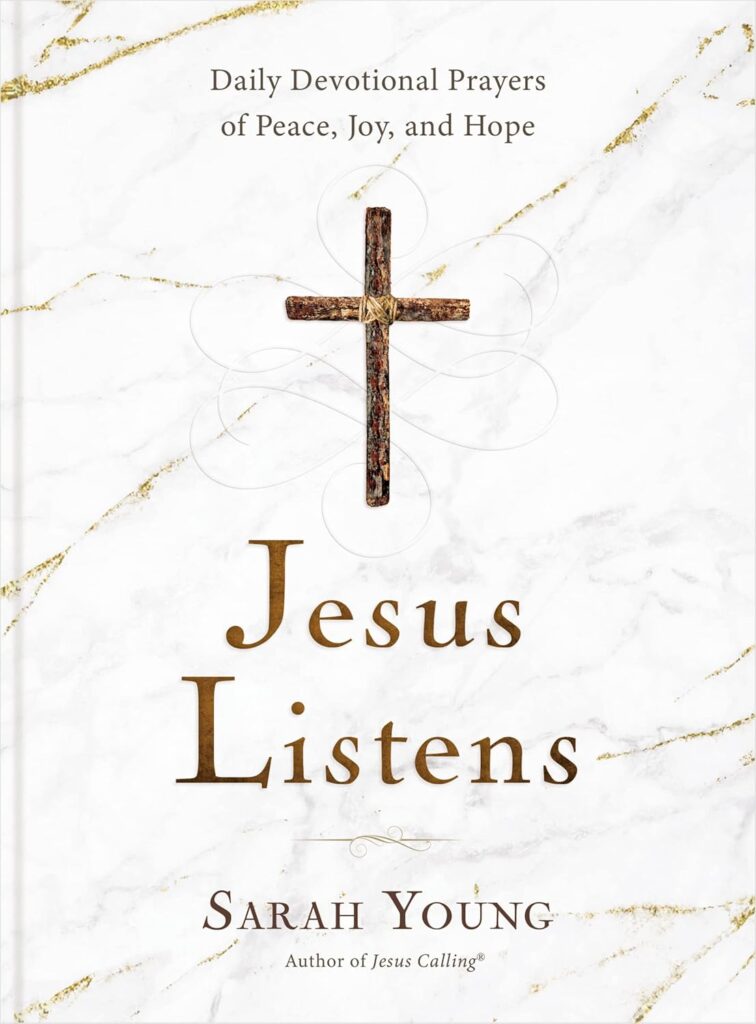One of the great mysteries of Christianity is the “dual nature” of Jesus Christ—that Jesus was both God and human. The Church has struggled with this for about two thousand years.
So, what does the Bible say about the Dual Nature of Jesus? To what degree do we need to understand it? Why does it matter whether we accept it?
Christ’s Dual Nature in the Gospels
Some of the Bible’s earliest and most striking lines regarding the dual nature of Christ come from the first chapter of the Gospel of John:
“In the beginning was the word, and the word was with God, and the word was God. He was in the beginning with God…And the word became flesh and dwelt among us, full of grace and truth; we have beheld his glory, glory as of the only Son from the Father.”
John 1:1-2, 14
Later in John, Jesus provides a less cryptic explanation when Philip asks to see the Father:
“Have I been with you so long and yet you do not know me, Philip? He who has seen me has seen the father; how can you say, ‘show us the father’? Do you not believe that I am in the Father and the Father is in me? The words that I say to you I do not speak on my own authority; but the father who dwells in me and does his works.”
John 14:9-10
Some scholars also see this implied in Genesis when God says, “Let us make man in our image after our likeness” (1:26). This argument suggests that Christ’s humanity, not present in God the Father, served as the template for the human race.
History and Heresy
Throughout the Gospels, Jesus alludes to this relationship, His dual nature. However, He also prays to God the Father and references Him as a separate entity. This has led to significant confusion.
Scholars like James D. Tabor, author of Paul and Jesus, say that Christ’s divinity is a later invention. In his book Zealot, Reza Aslan specifically credits Paul with creating and initially promoting the divinity of Christ, which influenced the Gospels after Christ’s death.
Even among Christians who have accepted this dual nature of Christ, disputes have arisen over how—and when—it worked.
In the third century, the philosophy of Arianism proposed that Jesus was entirely human. The movement’s founder, Arius, said that as the “Son of God,” Jesus was not God Himself, so He was neither coeternal (“eternal with God”) nor consubstantial (“of the same substance”) with God the Father.
In the fifth century, the religious leader Nestorius suggested that Christ had two separate human and divine natures (not one “dual” one). He also thought that Mary, the Mother of Jesus, should be called Christotokos (Greek for “mother of Christ”) instead of her title, Theotokos (“mother of God”), to emphasize the distinction.
Both of these ideas were condemned early in church history in favor of the idea that Jesus is both “true God and true man.”
What Does it Mean? What Does It Matter?
People looking at these theological issues from the outside have compared them to arguing whether a hot dog is a sandwich. It can be easy to ask, “Do we really need to understand these things?”
It’s a lot to wrap your head around, but doing so can help you to appreciate and understand other areas of faith. For example, the Divinity of Jesus made it possible for Jesus to die for our sins. Otherwise, Jesus would be no different from the countless martyrs who have since died for the Church.
Pastor David Mathis has written that being both human and divine allowed God to serve as an intermediary between God and humankind. He and theologians before him point out that by God modeling humanity, Jesus shows us how we ought to live—not as gods, but as humans destined to achieve our grace and divinity through right action.
To take both positions together, Jesus could not have fulfilled His ministry if we were only human or only divine.
Christ’s Dual Nature Serves a Single Purpose
The Dual Nature of Christ is one of the most complex concepts in the Christian faith. It is also one of the most essential. In a strict, formulaic sense, it allowed God to accomplish the mission of salvation. In a more personal sense, it gave us human access to the experience and pursuit of godliness.

















9 Must-Watch Christmas Christian Movies for 2025
1.7K views